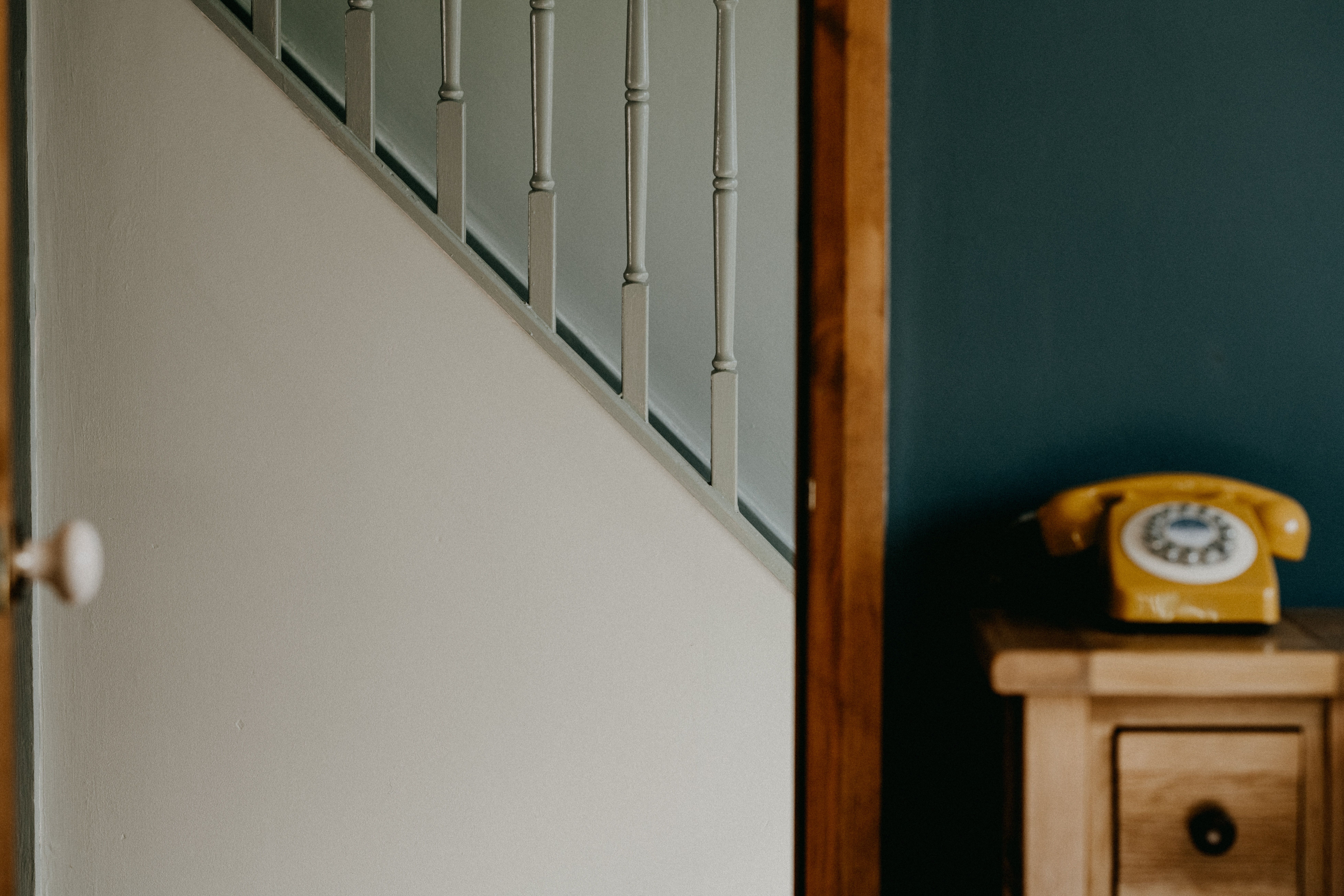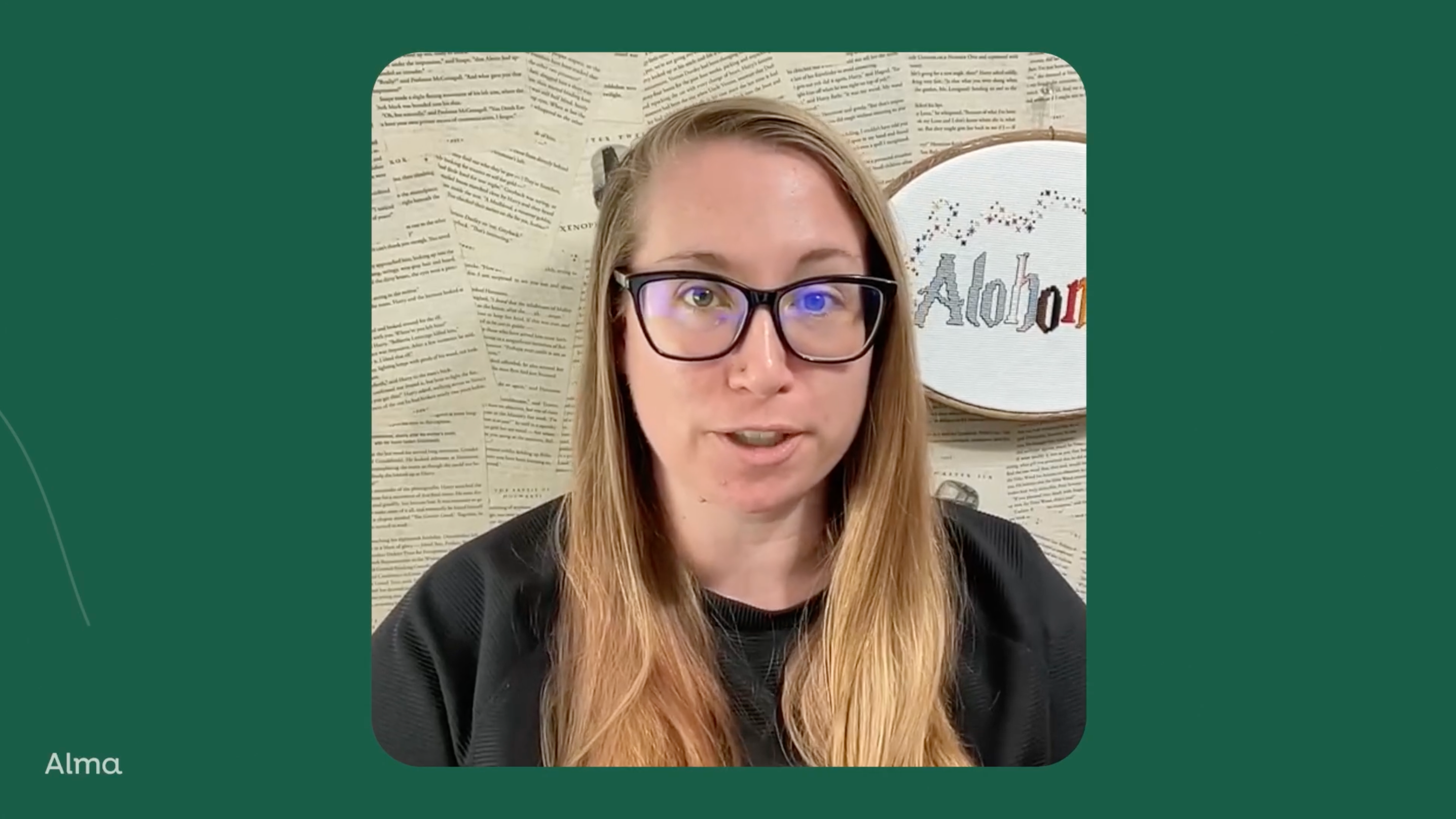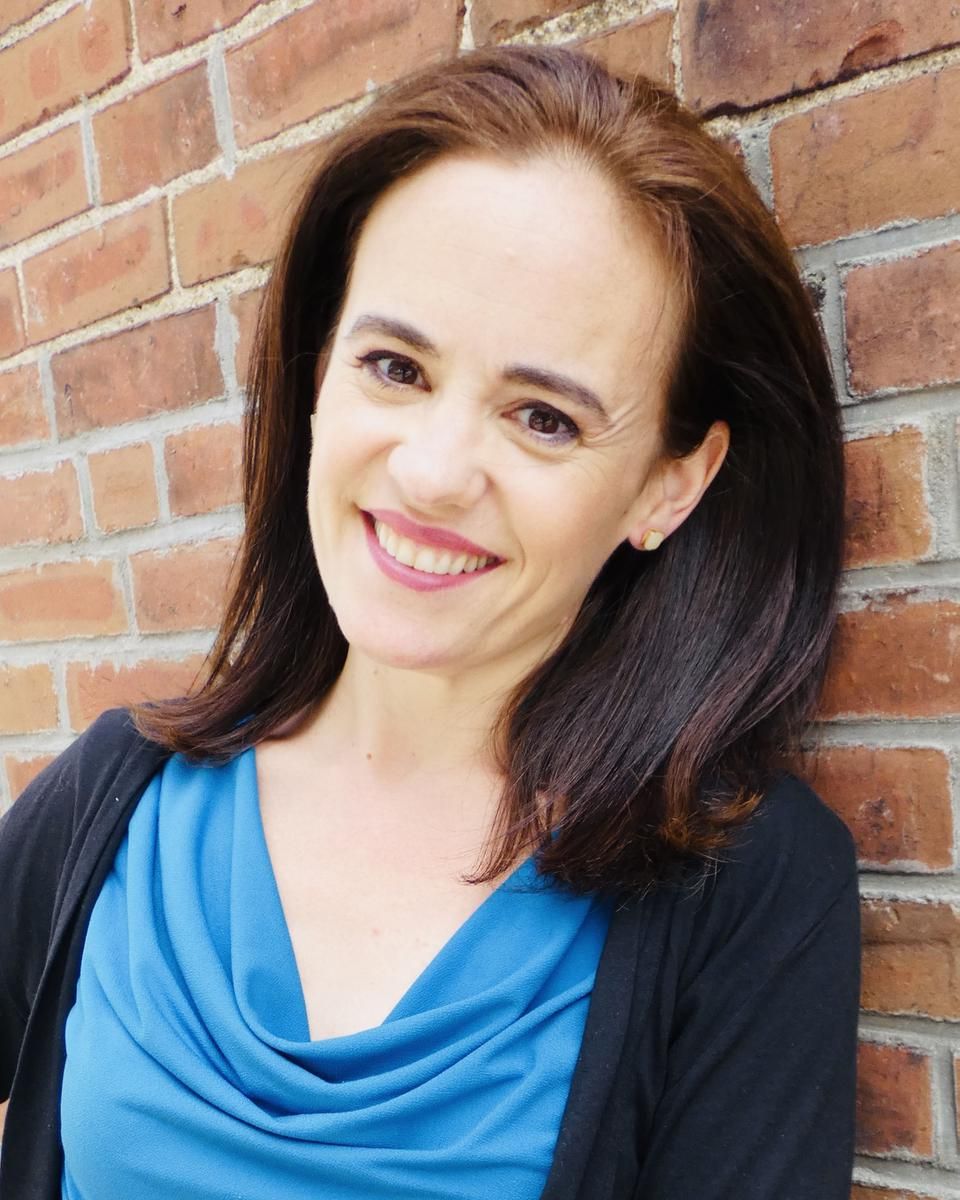
As a therapist, I miss open doors.
This essay was originally published in the Clinicians Corner of Alma's members-only Community Hub. Learn more about the benefits of joining Alma's community →
Prior to the pandemic, my career was spent in communities of fellow behavioral health providers. As a trainee, I worked in close-knit college counseling centers. For my postdoctoral fellowship, I became integrated into the large multispeciality medical practice in which I would spend a significant portion of my career - working side-by-side not only with behavioral health clinicians and staff, but also providers from primary care and medical specialties.
Three and a half years after life as we knew it came to a sudden, grinding halt, I find myself looking back on the impact of being in an entirely virtual workplace since March of 2020. When I do so, what I realize I miss most are the “open doors”.
What do I mean by this? I remember what it was like to come out of my office, after a single therapy session or a long series of them, and look down the hall, noticing whose doors were open. In clinical workplaces, an open office door is often recognized as an invitation - a sign that one has taken a break from the private cocoon of a therapy session and is literally and figuratively open to contact with the “outside world”.
There were plenty of times that we provided professional support while standing in the doorframe of an open door - answered each other's questions about the latest update to the electronic medical record, or found out what happened at the staff meeting we missed.
Just as frequently, poking your head into a colleague’s office could mean a chance to exchange the knowing glances of “oh man, that last session was a killer”, or to complain about how behind you are on your notes, or just to ask about each others’ weekends.
The connections we formed were personal and meaningful - we knew the names of each others’ kids, we knew how our teammates like the lattes we would offer to pick up for them on our own coffee run, we celebrated each other’s birthdays.
I am beginning to more fully appreciate how much I miss those moments. As a psychologist who provides only virtual therapy, and as a clinical leader who works for a fully-remote company, during almost all of my work hours I am physically isolated from others (though nearly constantly on Zoom). All of those in-between moments of connection seem much harder to create via slack or in the awkward 30 seconds before a Zoom meeting starts.
This is one of the reasons I am particularly grateful to have the Alma Community available to me, a sort of virtual “open door” to a huge network of other clinicians.
Oct 16, 2023

Looking for a therapist?
Get tips on finding a therapist who gets you.
By submitting this form, you are agreeing to Alma's privacy policy.



